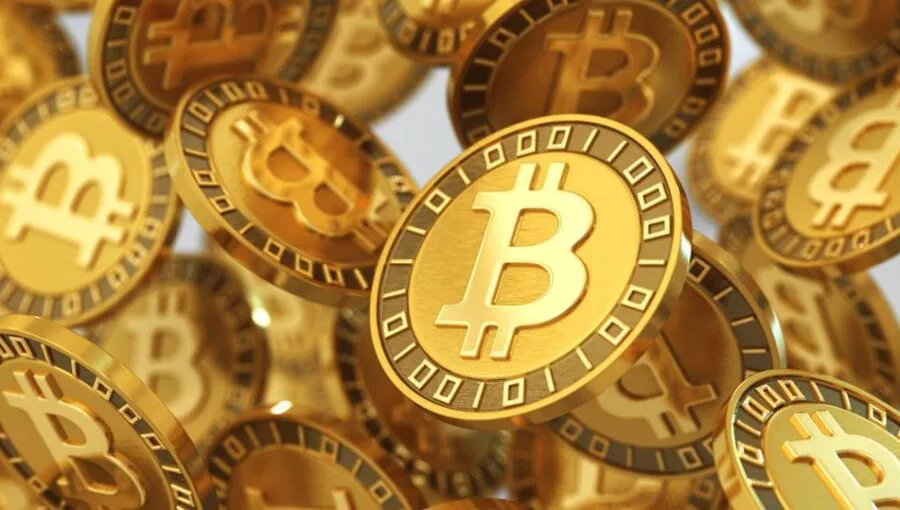David Agullo
How to Buy, Sell and Track Cryptocurrencies

The innovation behind the cryptocurrency is not the same as internet banking, payment administrations, and other monetary items that process fiat currency like dollars or yen. That is because crypto resources are just lines of code in a decentralized record; their value isn’t backed by any incorporated power, however by the aggregate confidence of independent financial backers throughout the world.
Blockchain represents an extreme departure from conventional monetary systems. Accordingly, how financial backers procure, hold, and sell digital currency is unique. For one, purchasers can get full control of their digital resources because possession is given by a cryptocurrency’s private keys.
Exchanges and wallets are matched with private and public keys – long series of numbers and letters, or QR codes – that empower cryptocurrency customers to send and get funds. Private keys permit digital money to be opened and sent. Public keys, which are accessible to other people, empower cryptocurrency holders to get digital currency from other senders.
Self-custodial wallets permit crypto lovers to maintain sole power over their computerized resources. However, most financial backers prefer the ease and simplicity of centralized trades, which go about as a mediator among financial backers and crypto resources.
Investors looking to purchase cryptocurrency have an assortment of choices. Here are five of the biggest exchanges available:
Binance
Binance is the main worldwide trade for cryptocurrency, with every day exchanging volume topping $30 billion. The association’s U.S. wallet, Binance.US, is accessible in 43 states and gives access to more than 50 cryptocurrencies. Exchanging charges range from 0.1% for spot trading to 0.5% for instant purchase/sell; customers save 25% when paying expenses in BNB, the trade’s native cryptographic money. Binance, known as the main point for retail brokers however has recently pushed to attract more complex investors by creating institutional-grade exchanging administrations.
Coinbase
Coinbase, made in 2013, has become the main U.S. trade, with more than $3 billion in daily exchanging volume and more than 56 million enrolled customers. Coinbase’s trade charges a flat expense of about .5% per exchange, although that can change depending on market gyrations. Coinbase offers admittance to around 70 cryptocurrencies, and its institutional item has drawn in more than 8,000 institutions. Coinbase went public in 2021 under the ticker image COIN and flaunts a market capitalization of around $50 billion.
Gemini
Gemini is a U.S. trade, established and run by the Winklevoss twins, who became extremely rich people from their enormous bets on Bitcoin. It offers purchasing and selling of more than 40 distinct tokens. The trade’s Earn item permits customers to produce revenue on their crypto possessions. The organization is a New York trust organization and managed by the New York State Department of Financial Services.
Huobi
Huobi Global is a main worldwide trade but is inaccessible for U.S.- based investors, making it an option for non-U.S. investors. It empowers exchanging for 372 unique tokens, as indicated by its site. The trade permits investors to purchase with up to 5X influence for spot exchanges. Huobi established in China, settled in the Seychelles, and exchanges on the Hong Kong Stock Exchange.
Uniswap
Uniswap is a decentralized protocol that permits purchasers and dealers to directly trade tokens with each other, making it a possibility for investors who need to maintain full control of their crypto resources. The Uniswap protocol empowers automated exchanges on the Ethereum blockchain, utilizing savvy agreements to dispense with the requirement for an intermediary token holder. With its automated liquidity, Uniswap pools together crypto resources in way that permits brokers to execute purchase and sell orders.
For stock exchange financial backers who just need to dabble in cryptographic money, a significant number of today’s biggest fintech applications and businesses also offer purchasing and selling of virtual tokens.
This load of trades, like fintech applications also give investors an approach to track their crypto buys and venture performance.
Latest
Bitcoin
09 May 2024
Bitcoin
19 Apr 2024
Bitcoin
16 Jan 2024
Bitcoin
31 Aug 2023
Bitcoin
24 Jun 2023
Bitcoin
24 Jun 2023













